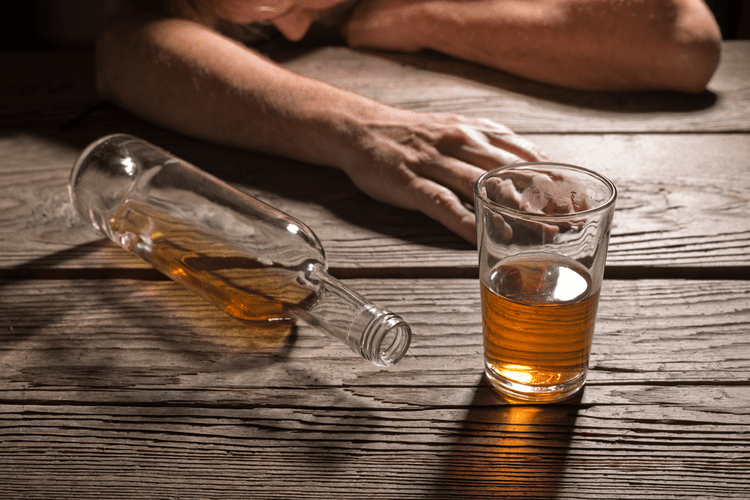Baclofen: the controversial pill that could ‘cure’ alcoholism Alcoholism
Content
Though at-risk and binge drinking can result in a range of adverse consequences, not all people who engage in these kinds of unhealthy alcohol use have alcohol use disorder. Online therapy and intensive outpatient treatment programs are widely available and can be accessed from the comfort and privacy of your home. People with AUD who quit drinking abruptly may go into alcohol withdrawal. Withdrawal symptoms start about 8 hours after your last drink, peak after 24 to 72 hours, and can linger for weeks or months, depending on the individual.
After completing a detox program, many choose to move on to inpatient alcohol rehab. This option is best suited for individuals who can benefit from an intensive focus on healing. For example, if your typical environment makes it difficult to remain sober, inpatient rehab may be your best option for remaining on the path toward recovery. Alcoholism is a chronic condition, meaning the condition does not go away entirely after treatment. Further, it is a condition that can be managed but not cured.
Residential treatment programs
In addition, medicines for certain disorders, including diabetes, high blood pressure and heart disease, can have harmful interactions with alcohol. If you are taking any over-the-counter or prescription medications, ask your doctor or pharmacist if you can safely drink alcohol. Alcohol abuse and alcoholism cut across gender, race and nationality.
They can help you cope, make a treatment plan, prescribe medications and refer you to support programs. Recovery meetings are an effective tool to remain sober and focused on healing and are utilized in many inpatient and outpatient settings, as well as after official treatment has concluded. In these meetings, you’ll meet other individuals who are also recovering from AUD, share experiences, and provide support to help each other remain sober. These meetings can come in many forms, the most well-known one being the 12-step program offered by Alcoholics Anonymous (AA). Recovery meetings may be an effective tool in finding the support you need to manage your condition during treatment and avoid relapse after treatment has concluded.
Helping Someone with a Drug Addiction
Yale Medicine’s approach to alcohol use disorder is evidence-based, integrated, and individualized. Our specialists utilize a range of medication and behavioral methods with demonstrated efficacy for helping individuals Top 5 Questions to Ask Yourself When Choosing Sober House change their drinking habits and maintain these changes long-term. Care is integrated with patients’ other health care to improve treatment access, reduce costs, and promote better physical and mental health outcomes.

Unfortunately, the stigma of alcoholism can prevent many older adults from getting help. If you are concerned about an elderly family member or friend’s drinking, it’s highly beneficial to have a conversation with your loved one about their options. Family members, caregivers and friends are generally the first people to recognize a loved one’s drinking patterns. Warning signs of alcoholism should never be overlooked or dismissed as nothing to worry about.
Struggling With Porn Addiction?
Programs such as Al-Anon, which is a support group for friends and family members of alcoholics, may be beneficial as you help support your loved one on the road to recovery. People who drink too much alcohol are at risk of developing a host of health conditions and disorders including certain types of cancer, liver disease, and heart disease. Excessive alcohol consumption can damage the brain and other organs, and it also increases the chances of developing sleep problems, depression, and other mental health problems. Alcohol can interfere with a person’s ability to care for their other medical conditions or make other medical conditions worse. Bogenschutz and his team specifically set out to test whether or not psilocybin, in addition to sessions of therapy, could cut cravings and help people with alcohol use disorder stay sober.
Why do I drink so much?
One model proposes that negative emotions (e.g., anxiety or depression), the expectation that alcohol will relieve these feelings, and coping styles characterized by avoiding rather than confronting life issues all may increase a person's motivation to drink in order to cope with stress.
